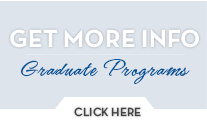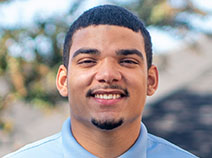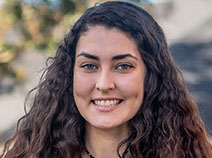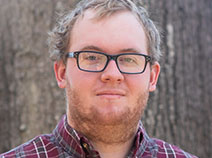Concentration & Minor in Public Health
Public Health spending is up.
Impactful jobs are growing.
Mission-driven students want in.
+18%
1:5
2.6m
New jobs in healthcare to be added over the next decade
The Public Health major addresses these concerns by functioning primarily as a social sciences degree. In addition to providing students with an understanding of research methods and data analysis, it also provides students with an understanding of the history and present reality of public health systems.
Students will learn about the role of both the citizen and the state in public health, understand the importance and implications of economics in healthcare, and master the key approaches and heuristics of public health.
Courses offered:
History of Public Health
Covid-19 has thrust Public Health into the spotlight, but the domain of public health includes many critical issues, including mental health, obesity, and gun violence. From the first quarantines to the modern movement toward universal health care, public health has fundamentally shaped societies. In this course, you’ll learn the role of the state in public health, the importance of public health, and how it’s provided and practiced. This online class has optional live sessions
Epidemiology
Epidemiology is the branch of medicine that deals with the incidence, distribution, and control of a disease. In this course, you will learn and apply key concepts of epidemiology to multiple domains of public health. By the end of this course, you’ll be able to use epidemiology to better understand, characterize, and promote health at a population level. This online class has optional live sessions.
Health Services
Health Services – the means by which healthcare is provided – is a critical concept in Public Health that impacts all of us. This course will introduce you to the modern history of healthcare in high, middle, and low-income countries and explore the evolution of health services. Students will evaluate the strengths and weaknesses of particular systems and policies and examine their ideal version of a health service in the context of current events. This online class has optional live sessions.
Public Health Studies I
This course is intended to provide students with a means of evaluating the health impact of political decisions and a broad knowledge base about the practice of Public Health today. Students will explore a range of current topics in public health – including COVID-19, HIV/AIDS, and the obesity epidemic. Students will also look at the impact of US politics on global public health, especially in developing nations. Furthermore, this course will explore key topics such as the WHO’s Millennium Development Goals, the disastrous circumstances that can arise when Public Health Policies fail, and the conflict between data and political will that drives so much of Public Health policy decision-making. The online class has optional live sessions.
Public Health Studies II
This course provides students with a variety of tools for understanding the impact that disease or other Public Health concerns may have on a population. Students will learn how to design effective surveys, analyze geographic data, and use qualitative information with the ultimate goal of gaining a better understanding of how events may affect the health of a particular population. This course will also require students to participate in map development to help them build an understanding of how geographic data is used in the practice of Public Health. The online class has optional live sessions.
Health Economics
The field of public health is driven by economics as much as it is by epidemiology. This course will teach you about health economics, which is the application of economic principles and techniques of analysis to health care in support of the public good. By the end of this course, you will learn how to analyze the effectiveness of health policy outcomes through an economic lens, and how to use available resources to improve the quality of healthcare. This online class has optional live sessions.










